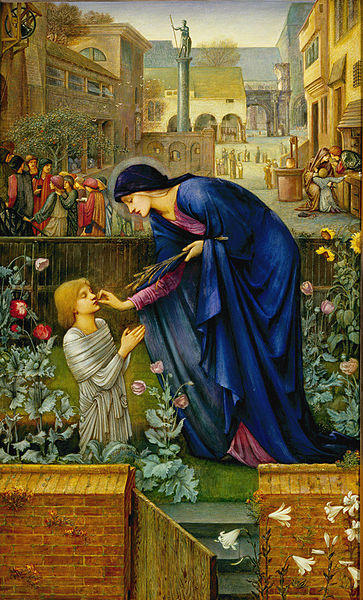A Review of Jewcentricity by Adam Garfinkle — Part 1 of 4
Adam Garfinkle is the founding editor of The American Interest, a bimonthly magazine focused on politics, culture, and international affairs. He served as speechwriter for secretaries of state Colin Powell and Condoleezza Rice and has taught at John Hopkins University’s School of Advanced International Studies, the University of Pennsylvania, Haverford College, and Tel Aviv University. Garfinkle’s 2009 book, Jewcentricity: Why the Jews are praised, blamed, and used to explain just about everything is touted as an examination of “the various roles Jews are imagined to play on the world stage that they do not, in fact, actually play.”[1] It was published by Wiley, an elite, academic publisher. It is an excellent example of how books with little or no intellectual or scholarly merit are published by elite publishers if they contain positive portrayals of Jews.
Garfinkle’s basic thesis is that the ideas people have about Jews — both pro-Jewish and anti-Jewish — tend to be wildly exaggerated and often stray outside the bounds of rational thought. Jewcentricity is the author’s attempt to offer a reasoned corrective to this phenomenon and to set the record straight.
Jewcentricity has a four part structure. Garfinkle identifies and analyses the positive and negative “Jewcentricity” he sees manifested among Jews and non-Jews, highlighting, along the way, the various exaggerations that supposedly distort the truth about Jews and their interactions with others. These various exaggerations are said to bounce off and reinforce each other, with the author claiming that the “four forms of Jewcentricity across our two-by-two matrix need and feed one another.”[2] While Jewcentricity is offered as a dispassionate survey of the interactions between Jews and non-Jews, it is, not surprisingly (given that Garfinkle is himself Jewish), centrally preoccupied with the evils of “anti-Semitism.” Read more





